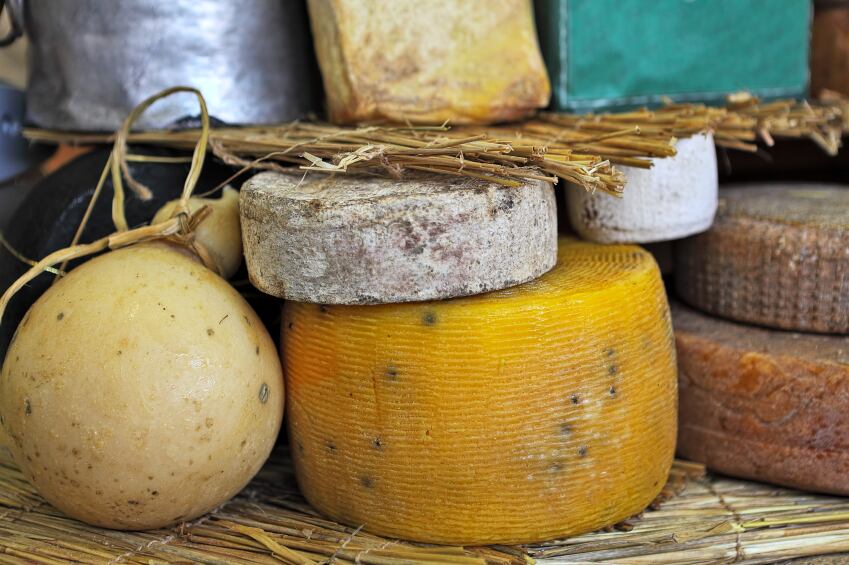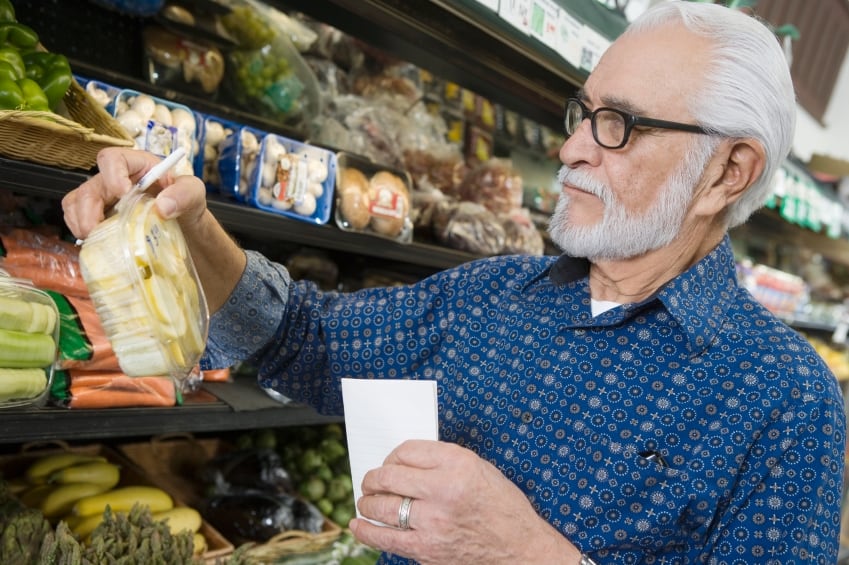In May the authority published guidelines on use of the marketing terms to prepare companies for the European Food Information to Consumers (FIC) Regulation, which will become mandatory in December 2016. While the guidelines weren’t set in stone, they were likely to be referenced in any future legal cases.
The concerns arose after discussions with artisan producers. “The concern of small artisanal companies was that their unique selling point was being usurped by larger companies in spurious ways,” Dr Wayne Anderson, FSAI director of food science and standards, told us.
The guidelines and workshops ahead of the deadline were an attempt to “nip misleading practices in the bud” before legal action was necessary.
“This was an area we saw starting to increase so we wanted to be proactive not reactive.”
'Artisan/artisanal': Limited quantity (max average 1,000 kg/litres per week) by skilled craftspeople at a single location using a traditional method (min 30 years in use) that is not fully mechanised. Characteristic ingredients must be local (within 100 km) where possible.
'Traditional': Made to a recipe with proved existence without significant change for at least 30 years - although automation and mechanisation is acceptable.
'Farmhouse': Made in a single location on a farm by a micro-enterprise (no more than 10 employees and an annual turnover of less than €2m) using ingredients grown or produced locally. Exemption given to some bread, soup made with coarse cut or chunky vegetables, coarse paté and cheese produced on a farm.
'Natural': Formed by nature and not significantly "interfered with" by man (doesn't include chopping, juicing, blanching, pasteurising, drying, etc. but does include concentration, curing, chemical extraction, genetic modification, cloning etc.)
Wriggle room?
Asked if supermarkets using such terms for own brand products could be challenged – as done, for example, by Marks & Spencer – he said if the product was made according to the artisan, farmhouse and traditional definitions there would not be a problem even if that product was then sold under the larger retailer’s name.

This was about protecting the consumer from being misled, he said, not keeping to artisan companies happy.
The artisanal definition says products must be grown or produced within 100 km of the manufacturing/food service establishment. In its consultation period, one artisanal company complained the definitions were not strong enough and exemptions should not be allowed.
“Misuse in the past should not allow misuse in the future. Local sourcing 100 km is a good idea but the opt-out clause ‘where available in the required quantity’ provision will lead to abuse and excuse not to use local sourcing.”
Meanwhile a large retailer said the artisan definition was too restrictive, in particular the local requirement for certain foods like chocolate and cheese.
Testing a key EU concept
Instead of focusing on these industry vagaries, the authority would use the concept of “misleading the consumer” – cornerstone to the FIC regulation, and indeed all EU food law – to evaluate on a case-by-case basis.
Anderson cited a recent German court case whereby a firm was ordered to change its packaging for ‘fruit tea with natural flavourings’, which featured pictures of vanilla orchids and raspberries despite neither actually being in the product.
At the time food lawyers said the case was a game changer for marketing since it meant honest ingredient lists were no longer enough to justify misrepresentative overall marketing.
Anderson said a product’s packaging in its entirety had to looked at to decide if it was misleading.
He conceded though that this was a much more straight forward case – and whether a consumer had been misled into thinking something was ‘traditional’, for example, may be much harder to quantify. Indeed he was not aware of an EU case whereby the use of ‘artisan’, ‘farmhouse’ or ‘traditional’ had come to court.

He said the authority would be avoiding court action where possible – “which would not be a good use of public money” – and would instead work with companies to find a compromise.
Often in these cases companies would argue their competitors were doing the same thing, in which case it was the role of the authority to step in and “level the playing field”.
Real, genuine, pure and premium
In the consultation period the authority was asked to include other terms like ‘fresh’, ‘pure’, ‘original’, ‘authentic’, ‘real’, ‘genuine’, ‘home-made’,’ hand-made’, ‘premium’, ‘finest’, ‘quality’, ‘healthy’, ‘seasonal/in-season’ and ‘best’. But Anderson said there were no plans to do so as yet.
The UK’s guidance had gone one step further with its guidance – which he called a somewhat “nebulous” strategy – by adding terms ‘pure’ and ‘homemade’.
